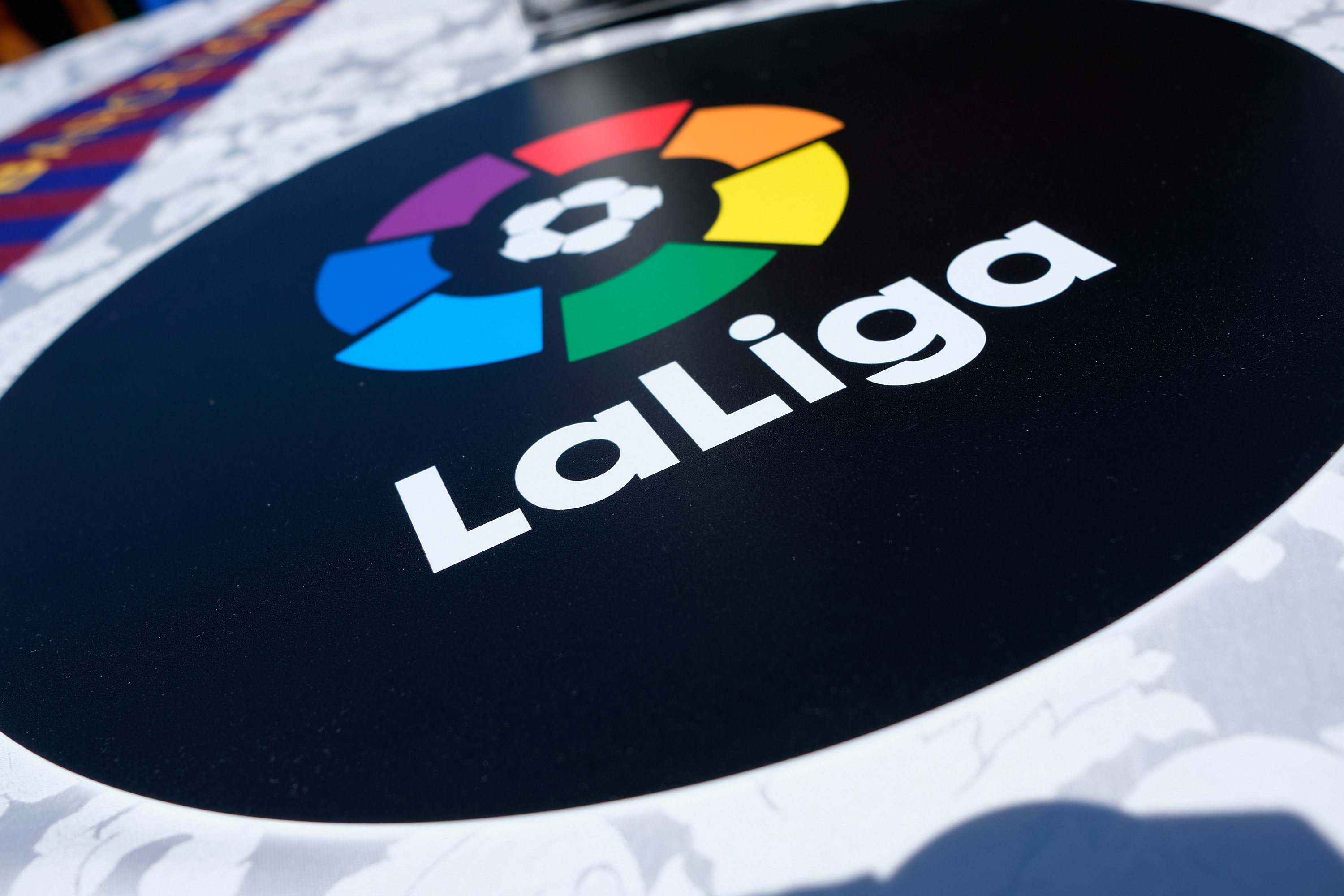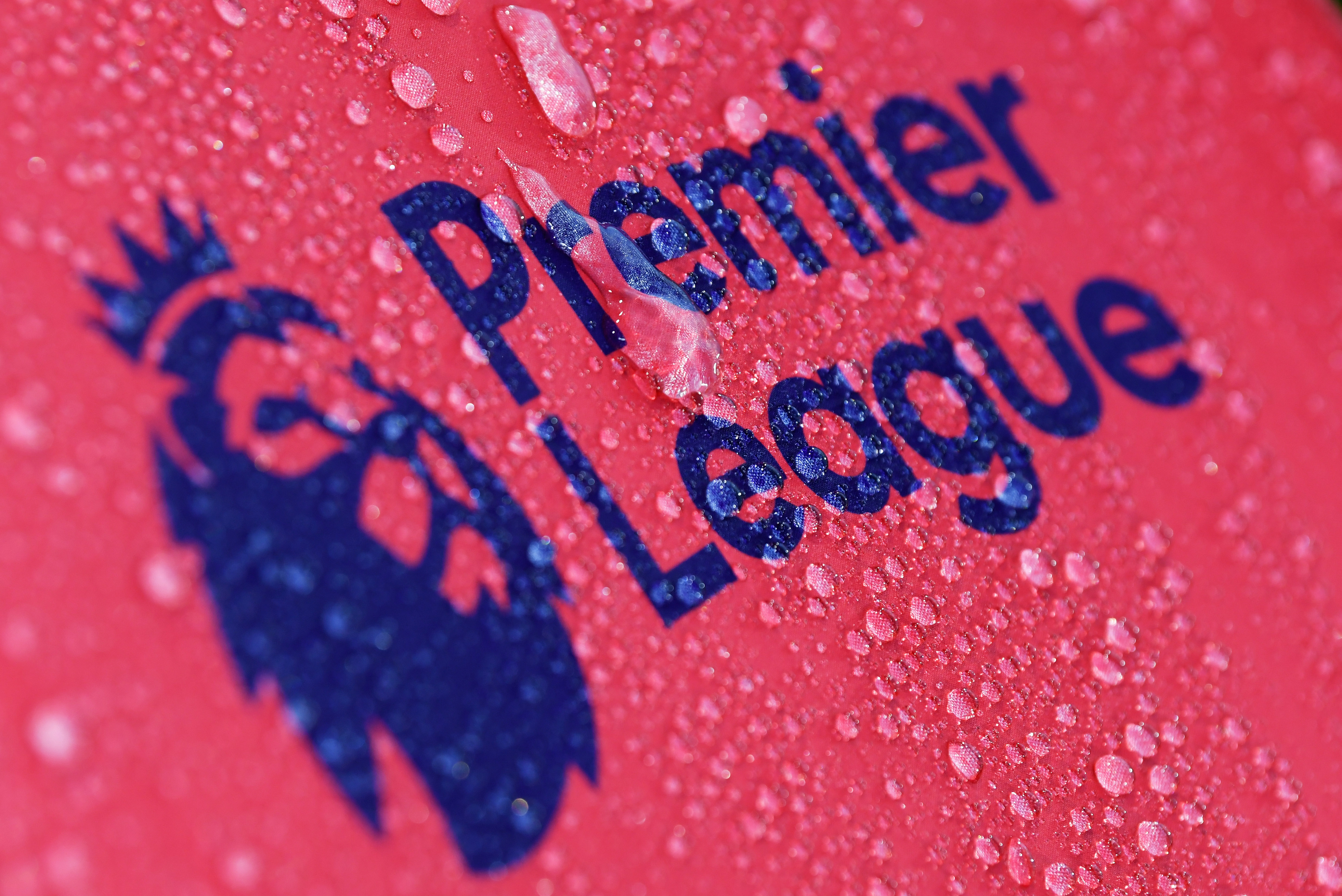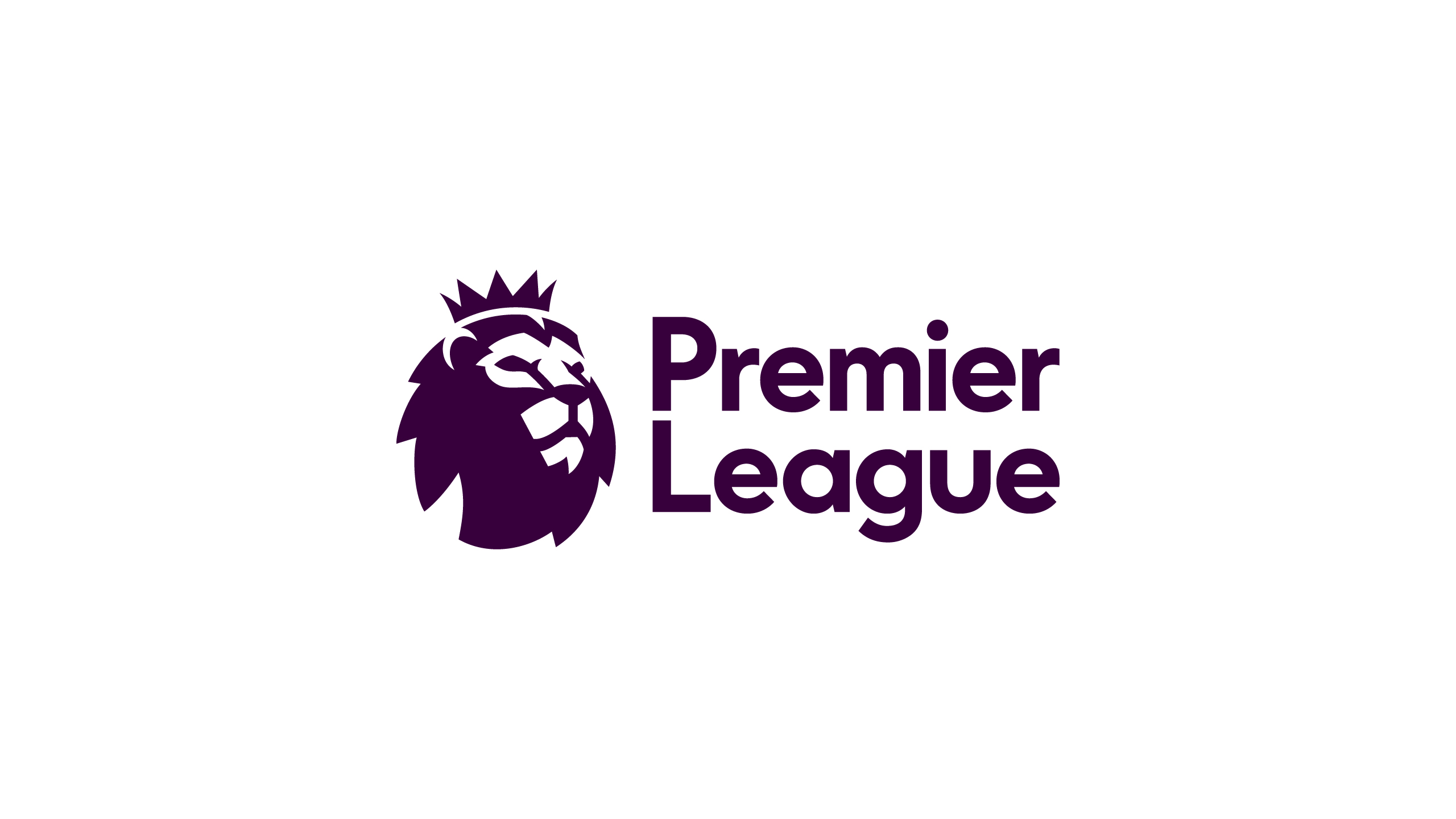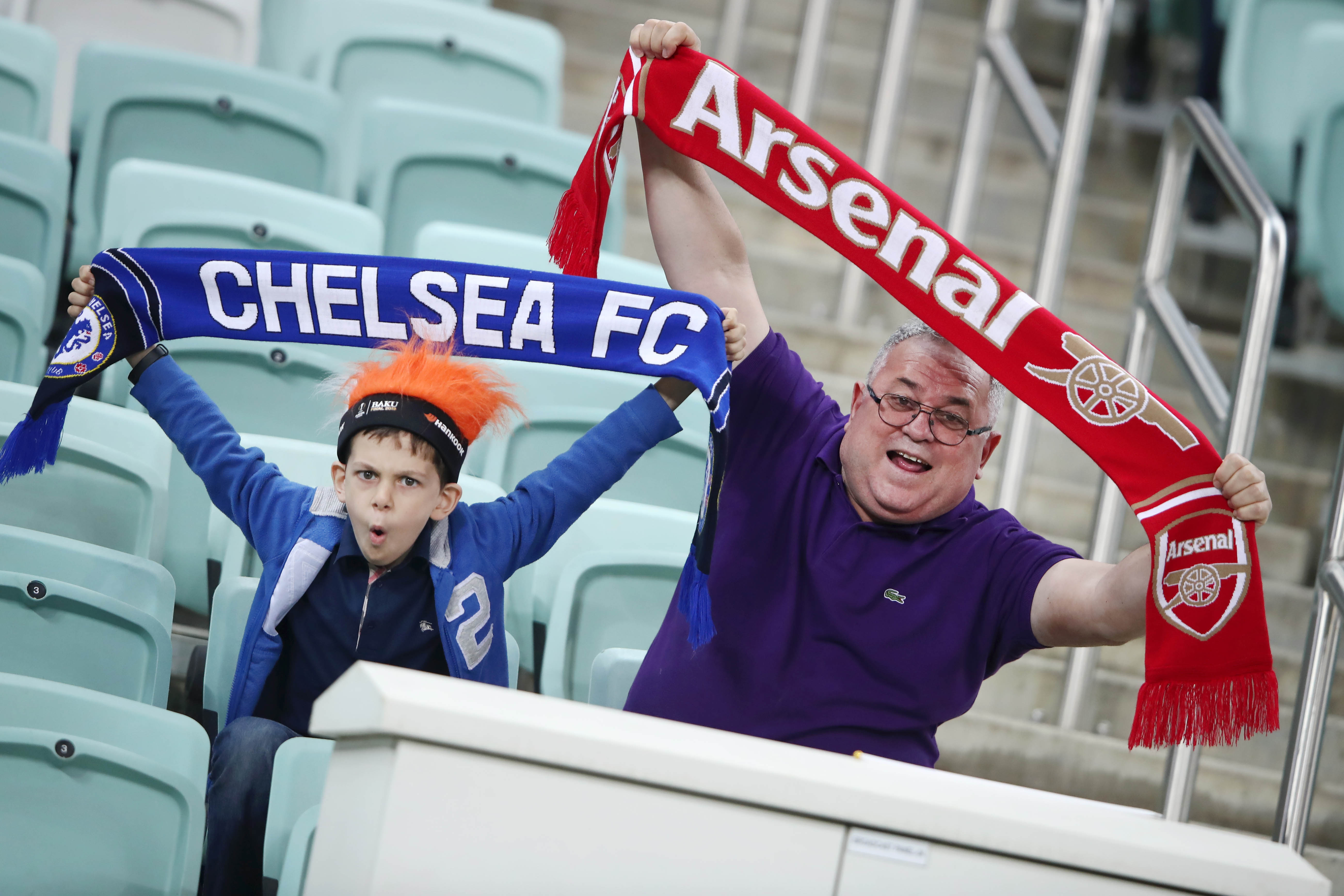Behind every successful venture lies a shrewd brain. The evolution of FC Barcelona from just another very good team in Europe to the most devastating opposition in recent times, is no accident. Some of us believe that it is Pep Guardiola’s brilliance as manager of the Catalan side that sets them apart, while others are follower of the doctrine that it’s merely the abundance of talent at his disposal that does the trick. When you have personnel like Lionel Messi, Xavi, Iniesta and others equally competent (if not more), you don’t exactly need a strategic mind. Unleash these men against your opponents and they’ll wreak havoc.

When a team scores more than 200 goals in all competitions across two seasons, they are not only expected to win, but win in style. Pep Guardiola’s side did just that. They won seven out of a maximum possible twelve trophies over two successive seasons. A free flowing FC Barcelona is lethal. But what exactly happens if you hit them below the belt? Even the strongest of clubs might succumb to that. FC Barcelona is no exception. Two of Europe’s most respected managers showed how a combination of ruthless technique and perseverance could dismantle the mighty Barca – Guus Hiddink with Chelsea and Jose Mourinho with Inter Milan. The former showed the world how to ‘stop’ the Barcelona juggernaut although it didn’t matter in the end. The latter, however, managed to achieve what was hitherto thought impossible.
On the grounds of these results, is Guardiola merely a good coach or is he at a great club at the right time?
Chelsea vs FC Barcelona | UEFA Champions League 2008-09
The match ended in a 1-1 draw. The final score line might look drab. Nonetheless, the electric encounter at Stamford Bridge will surely go down as one of the most significant ‘wins’ of Pep Guardiola’s coaching career. Guus Hiddink’s men showed some real character to stand up to the ruthless giant from Spain. A 9th minute blinder from Michael Essien gave the Londoners a crucial lead in their home tie against the Catalans with a once-in-a-lifetime goal. From the 9th to the 92nd minute, relentless attempts from Barca floundered at the cliffs of Chelsea’s backline. The Londoners were so much in control that around the 88th minute an exasperated Pep Guardiola went on to shake hands and congratulate his Chelsea counterpart – Guus Hiddink. Little did he know that his players had other plans.
Chelsea were very close to replicating the old maxim – “Offense sells tickets, defence wins championships” but unfortunately for them they couldn’t. It all started from the right flank. Dani Alves’ cross from the right was headed away by Terry only to fall to the ‘hero of the moment’ Essien. The Ghanaian’s weak clearance landed the ball at Messi’s feet who corralled the ball to Iniesta. The Spaniard fired instantly to beat Peter Cech to put the ball at the back of the net. The rest as they say is history. Chelsea had quite successfully stifled FC Barcelona and showed the entire world the fruits of a master plan. They manifested this so exemplarily that it’s really difficult to believe that Iniesta’s goal was the Blaugrana’s only shot on target.

FC Barcelona vs Chelsea | UEFA Champions League 2008-09
Not many teams come to Nou Camp and leave unscathed. The Blues can be proud of the fact that they not only came out unconquered but also with their head held high. The inclusion of John Obi Mikel made it clear right from the onset that the English team did not come to compete with the giants in their own backyard. The holy trinity of Eto’o, Messi and Henry played their heart out. But the first two were marked heavily. Of all the attacking players, only Iniesta and Henry were comparatively active. Hiddink’s men had their task cut out. The home side were denied space in the final third of the ground. It would be unfair if special mention was not made of the Barca custodian – Victor Valdes. In both the matches, home and away, if someone from the Barcelona side stood upto the Londoners, it was Victor Valdes. His performance in the two games was nothing short of exceptional.
Barca had midfield control, but the on-the-ball pressure that unsettles opponents and creates chances just wasn’t there. This proved to be the deciding factor of the match. Guus Hiddink gave the entire footballing world their Lesson 101 on to how to cope with a side as incisive as FC Barcelona in their own backyard. Quite evidently, Pep Guardiola was out-smarted by the cagey Dutchman, and that too at home.
FC Barcelona vs Inter Milan | UEFA Champions League 2009-10
After the close encounter with Chelsea, FC Barcelona went on to mesmerize the entire world and win all the trophies possible. Not only did they do the treble but they also ended up with a magnificent haul of 6 trophies in a single season – the only team to do so, till date. In the 2009-10 season too, they looked like an all-conquering unit until they came across the Blue and Black side of Milan. Jose Mourinho was looking to redeem his relatively blunted reputation. After being sacked by Roman Abramovich, the Portuguese took up a challenge at the Giuseppe Meazza. The daunting task of getting the elusive UEFA Champions League looked plausible enough until the Nerazzurri’s came in FC Barcelona’s way.
The fixture was termed as the battle of two giants – Jose Mourinho vs FC Barcelona. Having been vanquished by the then UEFA Champions League winners in the group stages, Inter Milan welcomed FC Barcelona at the Giuseppe Meazza. There might be many theories as to why the Catalans lost to Inter Milan. The most potent one might be the eruptions of Eyjafjallajökull which forced the Catalans to travel from Barcelona to Milan on road – an arduous fourteen hour journey. Whatever be the reason, it cannot be denied that Jose Mourinho’s men completely outplayed FC Barcelona in their backyard. Had it been an all-defensive showdown, Inter wouldn’t have scored the three goals that they did. Although Barcelona began on the right note by taking the lead, Inter were up to the task quite strongly. The Special One followed Hiddink’s methodology but added the element of physicality. The Catalans were brutally ‘assaulted’ and as expected weren’t given much space in the final third. Other excuses like turf being extra grassy and bounce of the ball don’t hold much water. Pep Guardiola was out-classed by the ingenious Portuguese.

Inter Milan vs FC Barcelona | UEFA Champions League 2009-10
The Milan giants travelled to Barcelona a fortnight later. As expected, they received one of the most hostile receptions in recent times. Reports even claimed that an Inter player was questioned by Spanish Tax Departments for evading tax during his tenure in Spain. Nonetheless, the to-be champions stood up to the assaults Barcelona could muster and put on a gallant display at the hallowed Nou Camp. As mentioned earlier, coming out of Nou Camp unscathed, is an achievement in itself.
Mourinho’s men did not come out untouched, they lost the match but any team in the world would have loved to lose the way Inter did. The home side needed a score line of 2-0 to progress to their second successive final. Throughout the entire game, Inter muffled the home side to the best of their abilities, employing every ploy under the sun – Kosher or not. They couldn’t stop FC Barcelona from scoring. The home side did manage to get one of their two goals in the final quarter of the game. It was Gerard Pique’s instinct that drew Chivu for the final tackle, while he rounded off the Romanian defender and Brazilian Julio Cesar to score a goal, any striker would have been proud of. This goal might have opened the floodgates had it been some other team, but Inter just went from strength to strength. A layman wouldn’t have been able to distinguish between Samuel Eto’o and Christian Chivu – it was a 10-man Inter with a 9-men defense. Bojan did manage to squeeze thorough an almost water-tight Inter defense only to see his goal being disallowed because of a handball from Yaya Toure. The final whistle blew and even in defeat the Portuguese schemer got the better of Guardiola and his men. Inter finally went on to win the UEFA Champions League and quite deservedly so.
Pep Guardiola, as a manager, is exemplary. His biggest strength is his conviction. Right from the time he took charge, he has employed only one system. PASSING. He got his attackers to pass and then pass some more, and his midfielders to pass and ONLY pass. Even his defenders have inculcated the habit of passing their way throughout the game – one hardly sees Puyol or Pique kicking the ball into the stands. Not even in dire circumstances.
It is perhaps his burden to bear that he will forever live under the shadow of an illustrious side, whose victories will be attributed to the sheer talent it possesses as opposed to anything truly special from Guardiola. He has, however, built a legacy of visually pleasing football that is a boon for connoisseurs of the sport, wherever their loyalties may lie.





